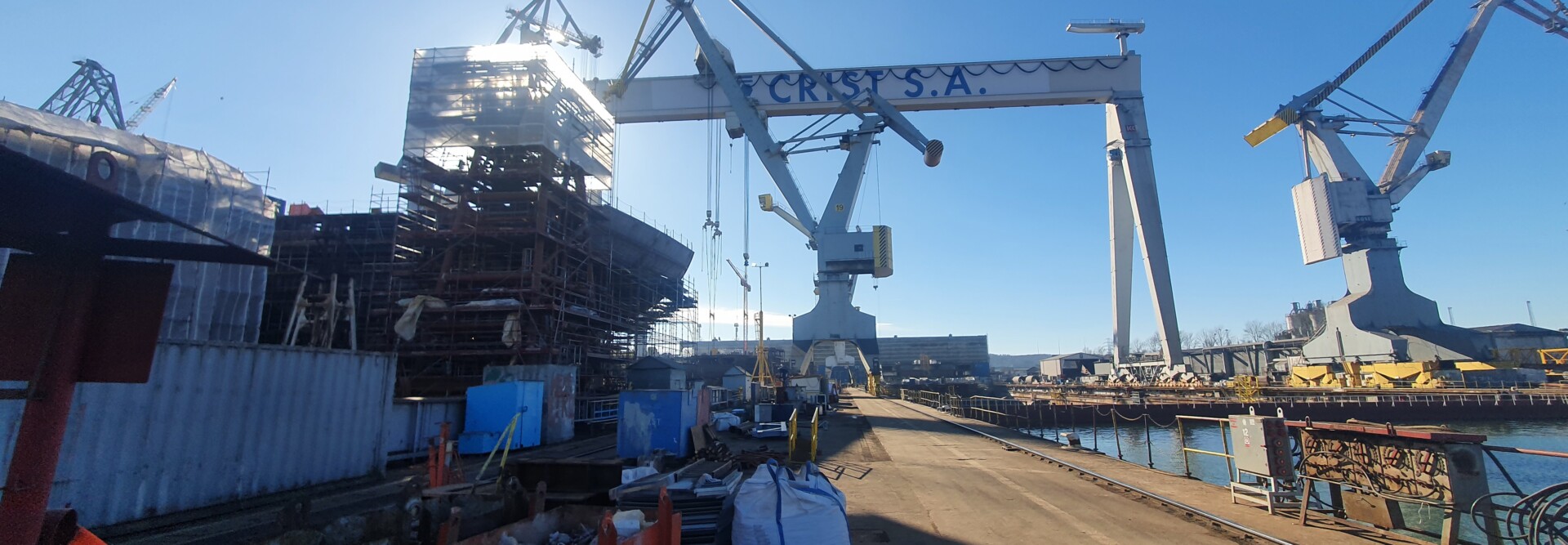
Case: Mastering Project Shipping. Jetlogistics’ Collaboration with Rauma Marine Construction
Understanding the Basics of Project Cargo and Project Shipping
As we’ve covered earlier, project cargo refers to the transportation of large, heavy, high-value, or critical pieces of equipment. These shipments often require specialized expertise, knowledge, and capabilities. When these cargoes are transported via sea routes, it’s usually called project shipping. This form of shipping demands precision, coordination, and an understanding of the cargo’s specifics.
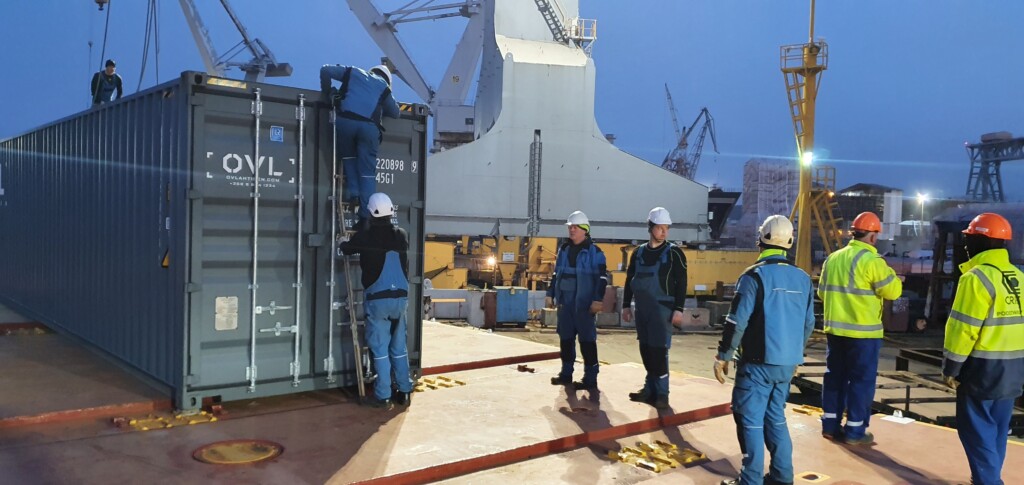
Meet the Expert: A Conversation with Marko Mäkelä
In project shipping, expertise and experience are invaluable. To gain deeper insights into the challenges of project shipping and the Rauma Marine Constructions project, we sat down with Marko Mäkelä, an experienced project sales professional at Jetlogistics. Marko’s deep knowledge, combined with his hands-on experience, offered a unique perspective on the challenges and solutions in project shipping.
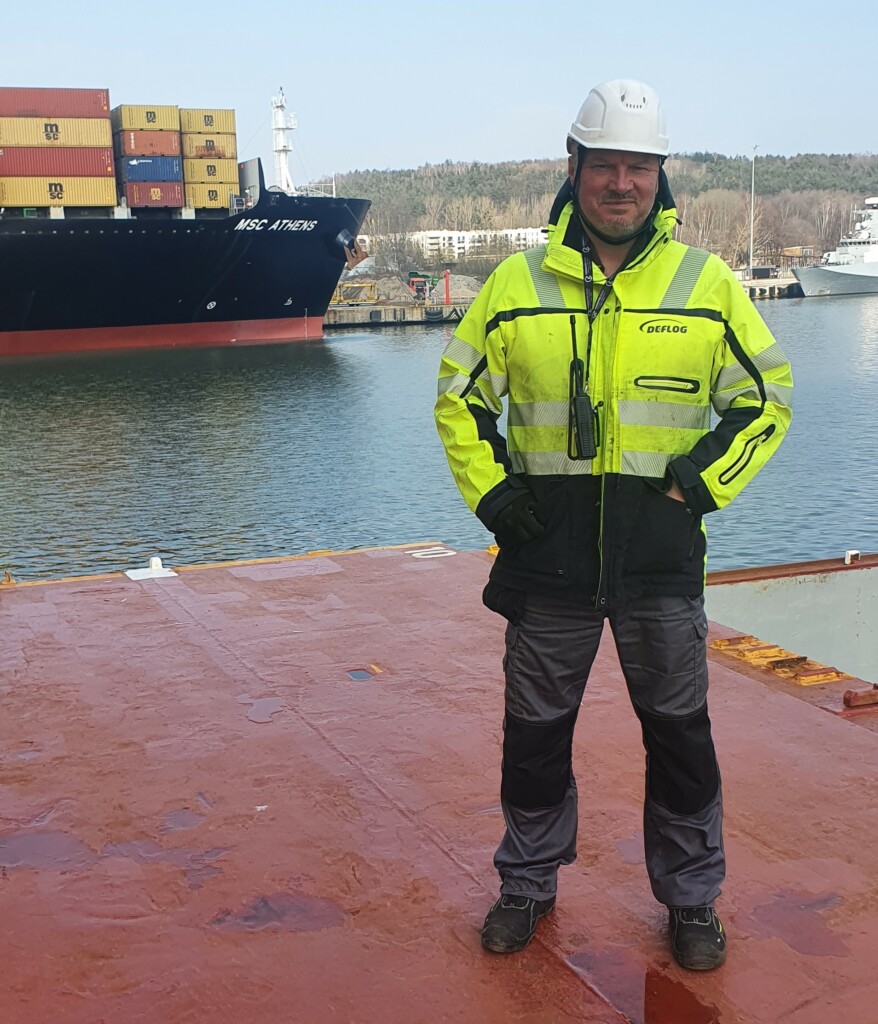
Having been at the forefront of numerous logistics projects, Marko understands the nuances of transporting large and critical equipment. His insights, derived from years of coordinating project cargo cases, provide a bridge between the general concepts of project shipping and the specific challenges faced in the RMC project. As we go deeper into the RMC case, Marko’s expertise guides us through the journey, shedding light on the decisions made and the strategies employed.
Case Rauma Marine Constructions (RMC)
RMC is a Finnish shipbuilding company established in 2014. They have carved a niche in constructing vessels tailored for challenging sea conditions. Their portfolio includes multi-purpose icebreakers, ferries, naval vessels, and more. Each ship they build is a testament to their commitment to quality, innovation, and adaptability.
In spring 2023, Jetlogistics partnered with RMC for a significant project. The task was to transport ship blocks and other essential shipbuilding materials from Gdynia, Poland, to various destinations, including Tallinn, Helsinki, Hanko, and Stralsund. Sometimes project shipments can be straightforward, but this project was a bit more complicated and the Jetlogistics Team and Marko also had a consultative role in this project. The customer wanted to get a solution on how to do this in the most sensible and (cost)efficient way. The cargo was diverse, ranging from large ship blocks to smaller, yet crucial, ship components. Such shipments present challenges due to their size, weight, sheer volume, and the need for precise handling to prevent damage.
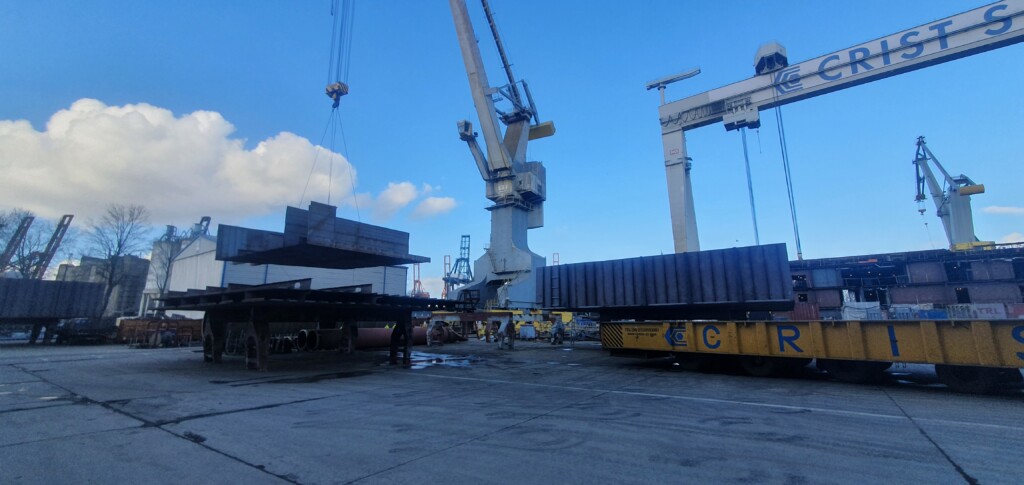
The project was executed with four different vessels and took 2.5 months, including planning and execution phases. The actual transportation phase goes pretty swiftly with ships and barges after the loading is done. In this project, the longest trip took roughly 2-2,5 days, but the longest loading took four days. There was so much material to load and organize, 6000 parcels in one load.
Specific Challenges of Project Shipping?
In project shipping, timing stands paramount. Especially when dealing with large lifts, akin to blocks the size of multi-story buildings, the orchestration becomes a puzzle. It’s essential to ensure that cranes, ships, and shipyards operate in unison and harmony. Any misalignment in this coordination can lead to significant financial implications. Sometimes it’s just not possible to plan moves ten hours ahead, sometimes even ten minutes is a long time frame. That is why it is necessary to have a person onsite to make decisions.
“Even the bad things and problems must be flagged to the customer. Whether it’s a broken engine on a ship or schedule issues with the shipyard. The main thing is that the client knows what is going on and that the best possible outcome is sought.” Marko Mäkelä, Jetlogistics
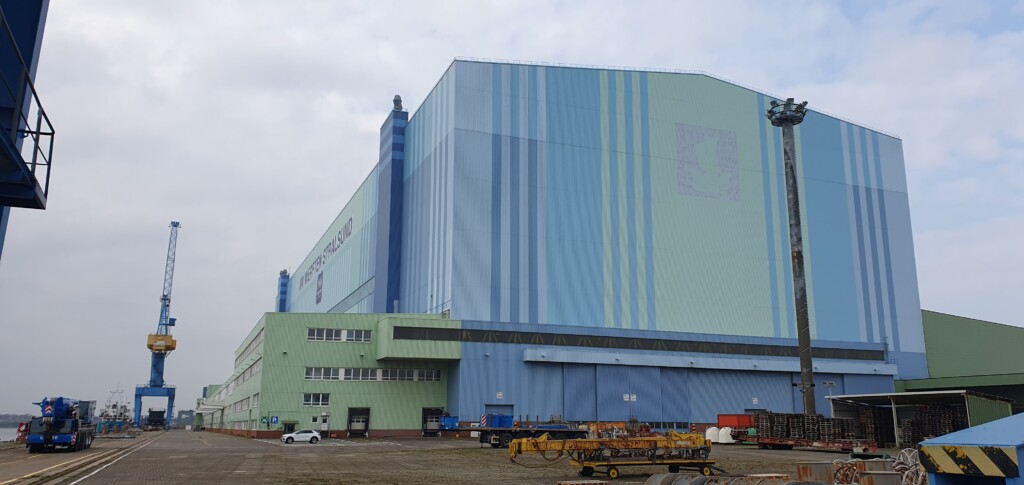
Chartering a ship doesn’t come with the luxury of a specific day booked beforehand. The window of arrival can be ten days in the beginning, and as the project d-day comes closer, the window narrows into a couple of hours. Adjusting these timings poses a significant financial risk for the project. For instance, a delay involving a large crane or a ship, even by a couple of days, can quickly escalate project costs by tens of thousands. It underscores the importance of human coordination, where the costliest element dictates the pace.
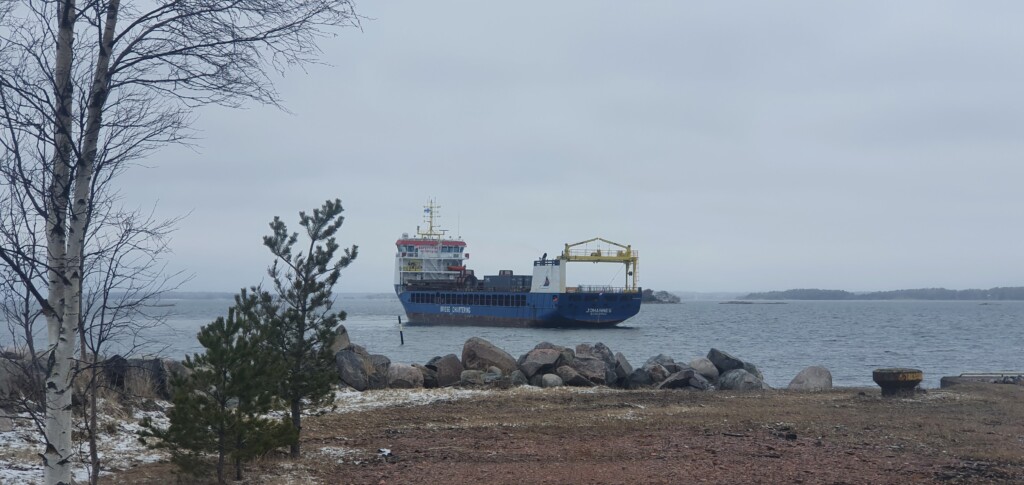
Weather can also play a role in project shipping cases. Wind conditions, in particular, can impact lifting operations. When dealing with heavy cranes and tall ships, any sway or oscillation of the cargo can lead to complications. While cranes might withstand the sway, positioning the cargo into the ship’s hold becomes challenging. Snow or rain doesn’t typically hinder operations, but specific wind directions can obstruct docking or departure. Depending on the mode of transport, such as a barge, for instance, operations can be highly susceptible to weather conditions.
Jetlogistics’ Expertise in Project Shipping
Jetlogistics team, with their vast experience, ensures that every phase of the project is executed with precision. The success of the RMC project can be attributed to methodical planning, strong on-site coordination, and the ability to make quick decisions when they are needed. In a domain rife with challenges, Jetlogistics’ proactive and consultative approach ensures that potential issues are addressed even before they arise. As Marko Mäkelä also stated during the talk: “Even the bad things and problems must be flagged to the customer. Whether it’s a broken engine on a ship or schedule issues with the shipyard. The main thing is that the client knows what is going on and that the best possible outcome is sought.”
This RMC project is one of many Jetlogistics project cargo cases. Jetlogistic’s collaboration with RMC resulted in successfully transporting crucial ship components and showcased their ability to master project shipping with precision and expertise.

